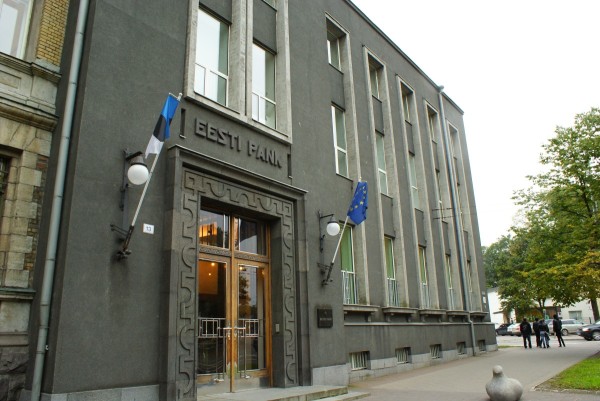Estonian Ministry of Defence 05.01.2012
Regarding the article “Laar intends to recognize men who fought in German uniform officially as freedom fighters” published in the Estonian online newsportal Delfi on December 27th 2011, the Estonian Ministry of Defence would like to make the following statement.
The government of the Republic of Estonia has not drafted nor will it draft something as absurd as a bill that would allow for honours to be given to Nazi collaborators.
The government of Estonia has given a task to the Ministry of Defence to prepare a bill to give recognition to persons who have fought for the restoration of the independence of Estonia. The fight against Nazi and Soviet totalitarian regimes was also a part of the Estonian fight for freedom and the decision of the government to honour the struggle for the restoration of Estonian independence is a natural and unequivocal choice. A number of member states of the European Union have approved similar bills to honour their resistance fighters. The exact wording of the bill will be drafted by spring of this year.
In addition, the Estonian Ministry of Defence would like to emphasize the following.
Estonia has been terrorized by the regimes of Nazi Germany and communist Soviet Union. The Republic of Estonia has officially condemned the atrocities and crimes of Nazism and Communism and has the intention to continue this policy. Estonia is pleased to notice that the same principles have been followed in Europe. The European Parliament has decided to condemn the crimes of the Communist regime along with the crimes of the Nazi regime.
In 1939 the Soviet Union and Nazi Germany concluded the Molotov-Ribbentrop Pact, the secret protocols of which divided Central and Eastern Europe into respective spheres of influence. The same year Germany launched the Second World War with its attack on Poland and the Soviet Union started to fulfil its role by invading Poland from the east, at the same time concentrating large forces on the borders of the three Baltic States and Finland. The Soviet Union occupied Estonia along with Latvia and Lithuania in 1940.
The Soviet occupation was followed by Estonia’s occupation by Nazi Germany in July 1941. In September 1944 Estonia was again occupied by the Soviet Union. Estonia regained its independence in 1991. For the most part Estonians were forcedly mobilised by the totalitarian regimes that occupied Estonia what is against international law. Direct human losses during the Soviet and Nazi German occupations reached 180 000, which is 17.5 per cent of the nation’s population, and 90 000 of these people were killed.
Statement concerning false information published in newsportal Delfi
Eestlased Eestis | 06 Jan 2012 | EWR
Eestlased Eestis
TRENDING
























